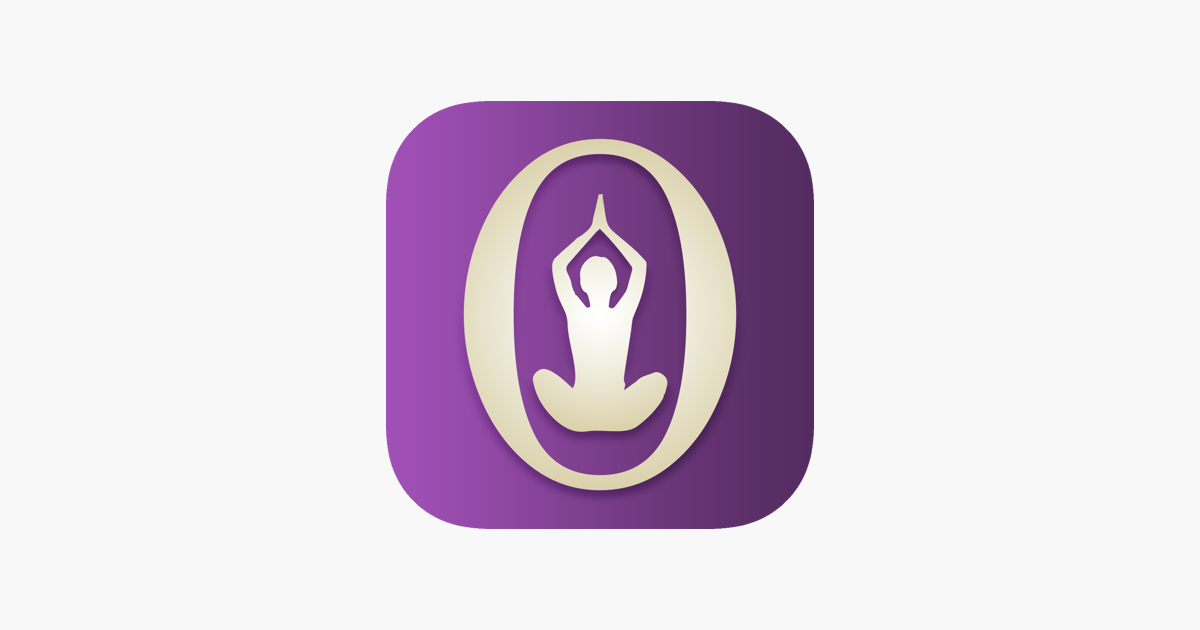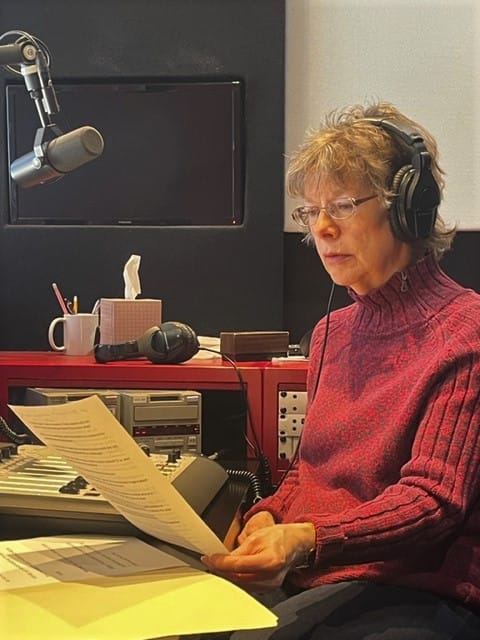For decades midlife crisis has been thrown around for men in 40s who are trying to imitate younger men to deal with their life situation. It seemed convenient to identify a mass phenomenon and put a label on that as a mid-life crisis. It is certain that a life point arrives where a gradual sense of gloom may accumulate rendering art feeling less artistic and life turning more lifeless. Incessant monotony or a pile of different changes lead us to a dark and empty dimension of quiet mirrors. Psychology Today defines the term "midlife crisis" as one where adults tend to “reckon with their mortality."

But what part of life gets to have their share of crisis is now up for debate. Mental health awareness has helped us to realize that crisis or "dip in life" may have nothing to do with widely believed chronological age. Needless to say, the gloom of struggle with inner-self is irrespective of race, age, or gender.
Moreover what part of life is mid-life anyways? With rapidly increasing longevity extending our lifespan for 10 to 20 years, do we now consider the 50s to be the point where Midlife Crisis will be seen? The Covid19 situation has perpetuated any such problems lurking at the borderline. Prolonged separation, loneliness, and continues anxiety have taken a toll on millions of adults irrespective of their age.
In a national survey of Midlife in the United States that was conducted, 26% of the participants said they were facing a midlife crisis. They generally feel quite glum during the age group of 35-60 years. Many even face depression and anxiety. But the definition, age, and state of the crisis varied so widely that it is in fact difficult to attribute any U-shaped curve for bottoming of life happiness.
For the Oseterics men and women, conditions and symptoms of mental health struggle and depression can't be understated. While external influencing factors for teenagers and young adults may differ, older adults also have their share of struggles -
Compiling the sequels of events, the age can bring in fresh challenges – mentally, physically as well as financially. Many are confused about spending time, energy, and money between aging parents and their children.

Massive Life Transformational Phases such as Menopause, Retirement, Gray Divorce, Loss of a Parent, Spouse, or Siblings are common occurrences at this stage. Add to it loss of key hormones such as Testestorones in Older Men and Estrogen in Older Women, and degrading physical health condition forcing many older adults to don the role of caregivers to their spouses. With increased economic volatility, many families may also find themselves in financial hardships unable to come out of it.
Massive Life Transformational Phases such as Menopause, Empty Nest, Gray Divorce, Loss of a Parent, Spouse or Siblings are common occurrences at this stage
These new losses can herald a sense of loneliness. A comparison of good or bad times is natural. A crisis can hit people after feeling stuck in a situation and not having hope to look for something new.
Coping or Avoiding the dip
Emotional crises manifest in different ways. For many, it is a general lack of enthusiasm and energy. Ignoring personal grooming becomes regular. Becoming withdrawn from social circles and relationships can be a sign too. Consequently, people who are unable to find what will excite them in the next phase of life suffer the most. The good thing is that more and more people are willing to talk and communicate their feelings now than ever before.
Eventually, the essence of striving through existence teaches us to be open to creative sources. Suffering from crises and the realization of a passion that sits in the corner of a gloomy mind goes hand in hand. Psychologists stress upon embracing aging while realizing that much life is still ahead. Rediscovering or engaging yourself in positive activities is key to unlocking happiness. Making time to pursue what you like is a prime adjournment of all the sorrows and frightening responsibilities. Take chances to learn a new hobby like a child. Meet up with friends and family often. If depression becomes uncontrollable do consult a doctor.
Strategies to help avoid or cope with crisis in later life
-
Communicating your stress and internal struggles with loved ones or expert doctors
-
Engaging yourself in regular physical activities
-
Trying to learn something new
-
Practicing Affirmation and Gratitude while embracing Aging
-
Taking out time for Self-Care and ensuring that you are physically & mentally fit as well
Something we overlook culturally is that many people have the best times of their lives as they get older. Eventually, fulfillment of life has less to do with age. If a crisis can knock at any age, the gratification of pursuit can also happen at any point smoothly.
Do check out our "Be Inspired" Series where many influencers have re-invented their life and found new meaning at later stages.
https://www.oseterics.com/tag/inspiration/


Feedbacks: Leave your comments below








